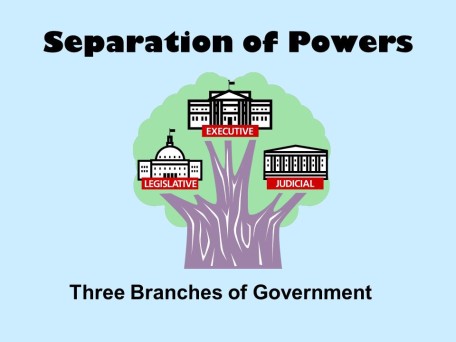An education advocacy group has filed suit on behalf of nine parents of Nevada public school children demanding that the courts force lawmakers to adequately fund K-12 education — declaring that the students “inhabit one of the lowest-rated and worst-performing state school systems in the United States.”
The suit, filed in the 1st Judicial District Court in Carson City, by Educate Nevada Now asks the court to find that the level of funding of public education in the state has fallen short of the constitutional requirement to “ensure a basic, uniform, and sufficient education for the schoolchildren of this state.”
The 37-page lawsuit cites a litany of woes — including the fact Nevada ranked 50th out of the 50 states and the District of Columbia in Education Week’s most recent Quality Counts report’s Chance-for-Success Index and has the third largest class sizes and ranked first in the U.S. in class size growth according to the National Education Association.
The suit further noted that in the 2019 National Assessment of Educational Progress (NAEP) only 34 percent of Nevada fourth graders were proficient in math and only 31 percent were proficient in reading. Both rates were even lower for eighth graders.
Nevada holds “places near the top of every ‘bad’ list, and the bottom of every ‘good’ list, in myriad rankings of public schools systems and student performance across the country,” the suit states.
The Nevada Supreme Court in the case of Guinn v. Legislature in 2003 held that Nevada students have a basic right to a public education under the state constitution, the suit states. In that case the court decided education funding had to take precedent over a constitutional amendment requiring a two-thirds majority to raise taxes.
Justice Bill Maupin was the only dissenting vote in the case, citing separation of powers, “Again, we are powerless to order co-equal branches of government to exercise individual acts of constitutional discretion. Our authority depends upon whether extraordinary relief is warranted and in exercising our authority to grant relief, we would be restricted to an interpretation of the Constitution, utilizing recognized tenets of statutory construction.”
The current lawsuit neglects to point out that the justices three years later overturned Guinn v. Legislature, largely for the very reason cited by Maupin.
The Educate Nevada Now suit further quotes the state constitution, which says, “The legislature shall provide for a uniform system of common schools, by which a school shall be established and maintained in each school district […].” The quote is cut off before the part that says such schools must be open “at least six months in every year …”
The suit further notes that the constitution states that the Legislature shall appropriate education funds “the Legislature deems sufficient …” That would seem to dictate that lawmakers are to determine what is “sufficient” rather than
the courts.
The litigation comes despite the fact Nevada lawmakers in 2015 passed the largest tax hike in history, $1.5 billion, largely to fund education, and lawmakers this year approved 3 percent raises for teachers. It also comes while the Clark County teachers union is preparing to circulate petitions seeking to increase sales and gaming taxes by $1.4 billion a year.
The problem with Nevada public education is not so much a lack of funding as it is a deficiency in accountability.
At one time Nevada high school students were required to pass a proficiency exam in order to graduate. That was dropped in 2018.
With the 2015 tax hike came a requirement that third graders who could not read at a certain proficiency level would be held back to repeat the third grade. That has since been dropped.
At one point 50 percent of teacher evaluations were based on pupil achievement growth. That has been cut to 15 percent.
Amanda Morgan, an attorney for Educate Nevada Now, told the Las Vegas newspaper after the suit was filed that the intent of the litigation is to prod lawmakers into addressing education funding.
“The court won’t say you need to put x amount of dollars into education,” Morgan was quoted as saying. “But it will say, ‘What you’re doing right now doesn’t meet your constitutional obligation. Go fix it.’”
The constitution seems clear when it says education funding is whatever “the Legislature deems sufficient …”
A version of this column appeared this week in many of the Battle Born Media newspapers — The Ely Times, the Mesquite Local News, the Mineral County Independent-News, the Eureka Sentinel and the Lincoln County Record — and the Elko Daily Free Press.

